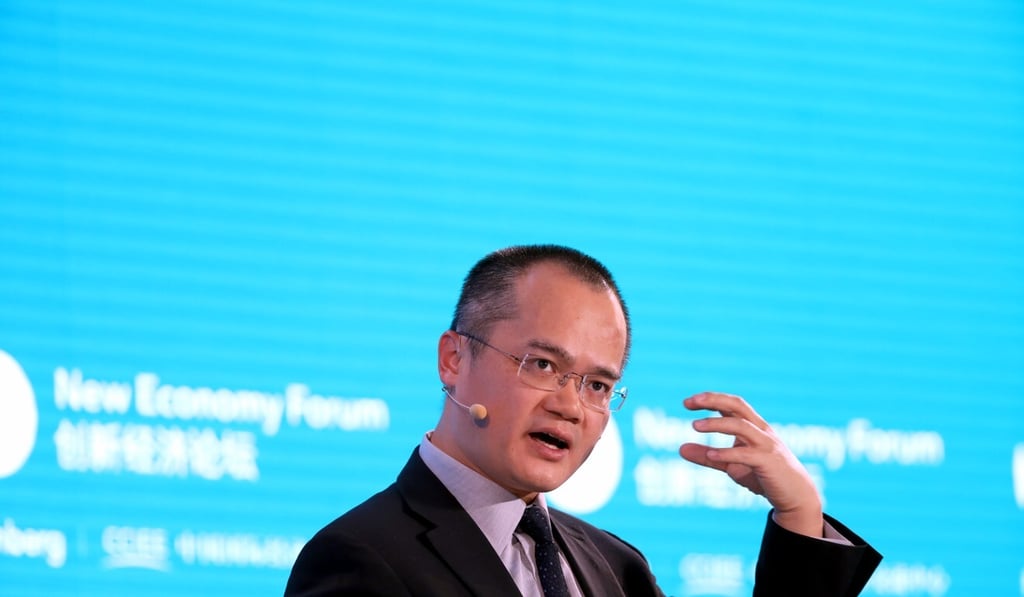Why Meituan remains wedded to community group buying despite mounting losses and rising regulatory heat
- Hailed by tech companies as a way to cut out the middleman, community group buying has all the hallmarks of ‘blitzscaling’
- Meituan’s CEO has repeatedly warned investors of more losses to come in the next quarter as it continues to invest in the sector to seize market share

Meituan, China’s largest food delivery and on-demand local services provider, is sticking with its commitment to community group buying despite widening losses and increased regulatory pressure.
“Meituan will continue to invest in community group buying as the emerging sector offers new growth opportunities,” said Li Chengdong, chief executive of e-commerce consultancy Dolphin Think Tank. “Community group buying also provides Meituan with a retail business that can penetrate lower-tier markets it previously could not access.”
Launched during the height of the Covid-19 pandemic in China, Meituan Select covered 2,600 cities and counties by the first quarter of 2021 and has “deepened penetration” in lower-tier markets in the second quarter, the company said without providing further details.
